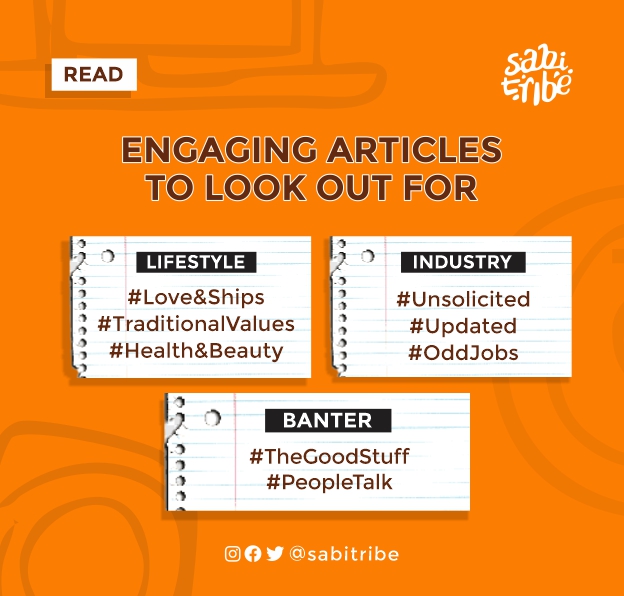You can start by asking how they are
People avoid conversations about other people’s mental health for the fear of being called an over-sabi, amebo or worse; an insensitive person.
In everyone’s defense, mental health conversations are not the easiest – a person may push a little too hard, or pick a time when the victim is just not feeling up to it. Things go from 100-0, and everyone decides the best option is to ignore the elephant in the room – even if all it does is bring pain and regrets.
Time to do things differently!
Here are five steps to take when you want to address the elephant in the room.

- Ask Them How They Are – Twice
The default response to being asked how we are; fine. So, short of being the fly on the wall, you must ask them how they are a second time, perhaps momentarily and in a sincerely concerned manner.
It may not lead them to open up completely, but it passes a message across to them: I see you, and I am here for you.

- Don’t Wait For A Perfect Moment/ Place
There is no perfect moment – especially if you are in the category of those that belief such talk must take place by 1:00 am and in a very serene atmosphere.
It will even add more to the person’s anxiety and make them feel more like they are going for a therapy session.
Instead, start the conversation when and where it feels natural and unforced, like while driving, while out for lunch or when doing asun.

- Share A Story
They might not be so comfortable with downloading all of their woes on you so quickly.
So you can share a story, not as conc. as Nnkan nbe stories though, but something personal about you – like something you are worried about, your fears or how you cope when you are down.
This shows them that they too can get personal with you.

- Suggest That They Find Help
Please do not insist or make any remarks that make their feelings invalid.
Suggest that they seek help or talk to a professional.
Don’t be that person that mocks other people for getting weighed down by life’s problems.

- Let Them Know You Gat Them
It is not very likely that they will open up to you the first time, but all the steps above should serve as a compass to your groundwork for the time they will be ready to level up – open up, that is.
Words like “I’m here whenever you want to talk: today, tomorrow, next year” informs them know that you are there for them, there is no pressure and they are not a burden.

We hope this helps!
#Unsolicited is a segment for reviews and opinion pieces. This edition showcases five ways to start a conversation about mental health.





